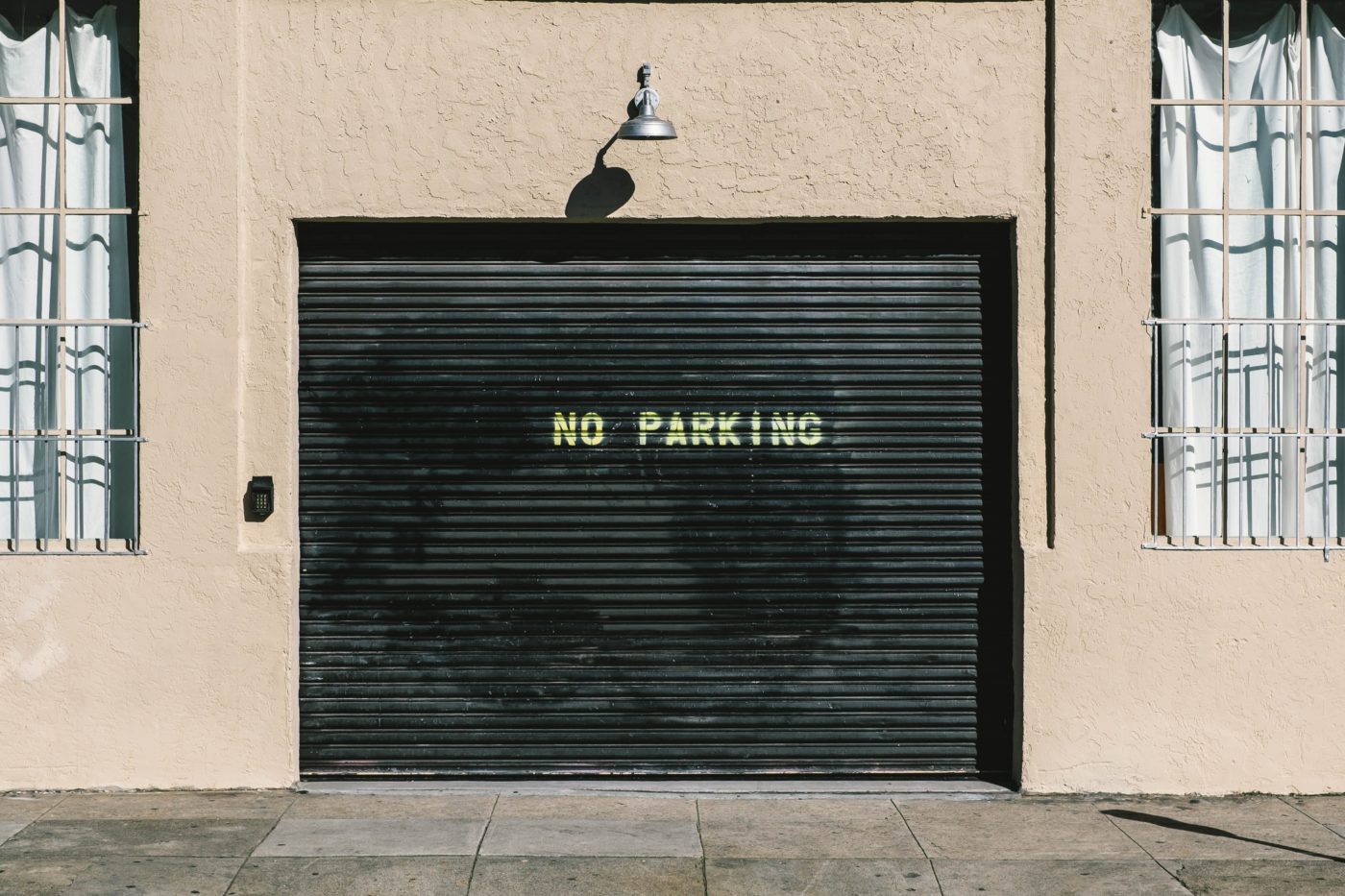August 26th, 2021.
Revealed: Where in Britain You’re Most Likely to Find a Restrictive Covenant

To the untrained or the uneducated, developing a property or multiple properties is as straightforward as building whatever, wherever you like. Sadly, no matter how big or small your development plans are, this simply isn’t the case.
Throughout the property development journey, there can be countless pieces of red tape to get through. So, knowing what to expect and understanding how to overcome certain hurdles will significantly help your schedule and end result.
In many cases, one of the main restrictions you are likely to come across when trying to achieve property development plans will be restrictive covenants.
What is a Restricted Covenant on a Property?
Restrictive covenants are an agreement put in place within a contract or obligation that stops the buyer from taking any action they want on a building. The covenants in place will vary greatly depending on the type of property and its location.
Covenants can be anything from alterations to the property without consent, erecting satellites on the property, causing nuisance to neighbours, running home-based businesses, or having a home office on the premises. Some properties may even have rules regarding the colour of the front door or whether a caravan can be parked on the driveway or not.
Tom Rowlands, Head of Specialist Property Finance here at Pure Property Finance, said:
“I have come across some unusual covenants including certain property sales being restricted to local buyers only, while these older covenants can seem far-fetched, it does teach us an important lesson to always read your title deeds.
“At Pure, with our wealth of experience coupled with our wider professional network, we are confident of overcoming hurdles that restrictive covenants may throw up.”
Where Are The Most Restrictive Covenants?
One of the main variables to consider when faced with property development and restrictive covenants is the location. This is because there are significant differences in the number of covenants you could be faced with depending on where you are in the UK.
For example, a city where properties are more densely packed in and are often more historical, will likely have greater restrictions than a sub-urban town.
As you can see from this interactive map of England and Wales we have created based on data released by HM Land Registry on 9th August 2021, the areas topping the charts feature thousands of restrictive covenants. Unsurprisingly, these include built-up areas such as Greater London, Greater Manchester and Merseyside.
On the other end of the scale, those with some of the fewest covenants reach as little as 4 on the Isle of Scilly. Other areas include Rutland, Merthyr Tydfil and Powys.
Highest Number of Restrictive Covenants in August 2021:
- Greater London – 41,785
- Greater Manchester – 5,286
- Merseyside – 2,860
- West Yorkshire – 2,700
- West Midlands – 2,131
- Surrey – 1,878
- Kent – 1,794
- Essex – 1,735
- Lancashire – 1,544
- South Yorkshire – 1,531
Lowest Number of Restrictive Covenants in August 2021:
- Blaenau Gwent – 43
- Powys – 35
- Merthyr Tydfil – 27
- Rutland – 15
- Isles of Scilly – 4
How do these numbers compare to the population in each region? Well, the capital again came up top, with East Anglia seeing the lowest percentage of restrictive covenants to people.

Please note: The gov.uk data contains 112 counties in England and Wales. Some UK counties may not be included. Population data provided by ONS, correct as of 2020.
Ben Lloyd, Managing Director and Co-Founder of Pure Property Finance, commented:
“It’s no surprise that Greater London has the most restrictive convents, although it’s interesting that there’s such a big jump between Greater London and the area with the second most restrictive covenants, the Southeast of England. Considering how close they are geographically; it shows how different the rules and properties can be.
“Typically, covenants appear where there are high levels of development, high property density, or historic or high value buildings. So, developers looking for less restrictions may choose to build or refurbish property in East Anglia or Wales where covenants are less common.
“However, although work here may be quicker and more standardised, these are not necessarily the places where the greatest gains are to be made. Therefore, we would always recommend speaking to a property expert before investing.”
How to Remove a Restrictive Covenant
So, you’ve come across one or multiple Land Registry restrictive covenants on the property or plot on which you wish to develop. The ideal situation would be to have the restrictive covenant on the title removed, but is this even possible?
The answer to this depends entirely on the individual situation. While restrictive covenants will be similar in nature, the variables involved – those being the location of the property and the property itself – will mean every case is judged on its own distinction.
There is an application process, a potential hearing and further steps to consider when trying to remove restrictive covenants, so be aware that it could be a timely process.
How Much Does It Cost to Remove a Restrictive Covenant?
At this point, it goes without saying that money will be involved in order to lift the more common restrictive covenants. But how much does it cost to remove a restrictive covenant?
There are a few costs to consider here. The first cost incurred will be the application, setting you back approximately £900. Following this and, if it reaches this far, you have a £1,100 charge of hearing the application, reduced to approximately £275 if a hearing is not needed.
If proceedings go on longer than anticipated, then you could approximately be looking at an additional £1,000. With these ballpark figures in mind, it’s important to be in a financial position to withstand these eventualities.
Need Help Financing a Project with a Restrictive Covenant?
Want to make the first steps into property development or buy-to-let, but not sure where to start? Pure can help.
We have a wealth of experience not only in sourcing finance for properties with restrictive covenants, but in working with developers of all types in all corners of the UK.
We can work together to meet your property development dreams, so get in touch today





